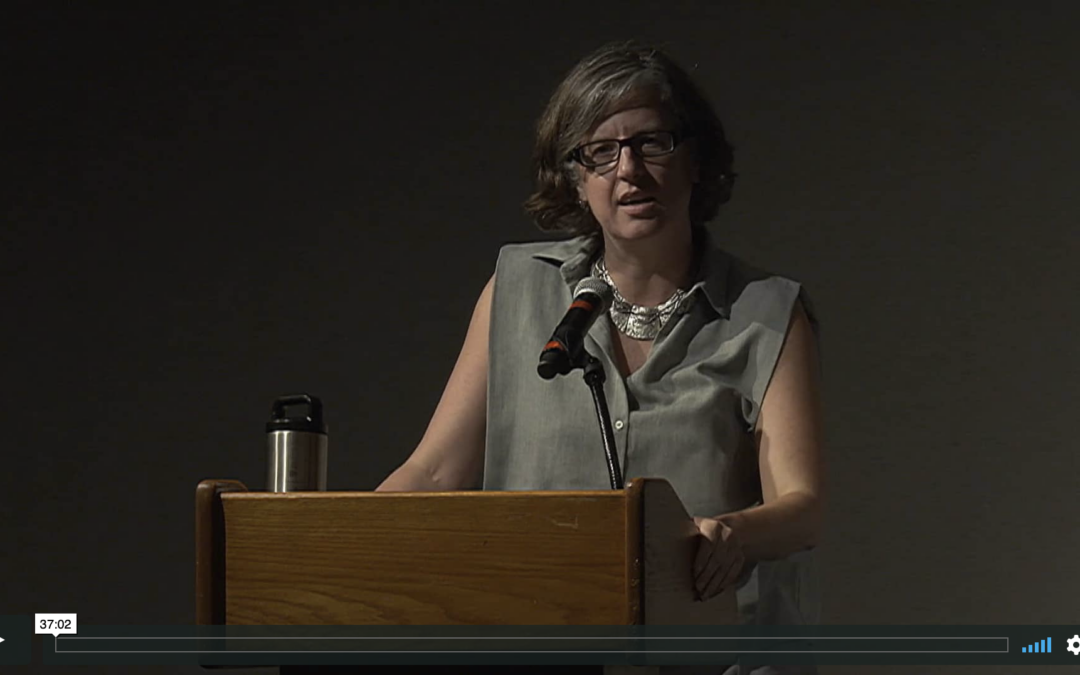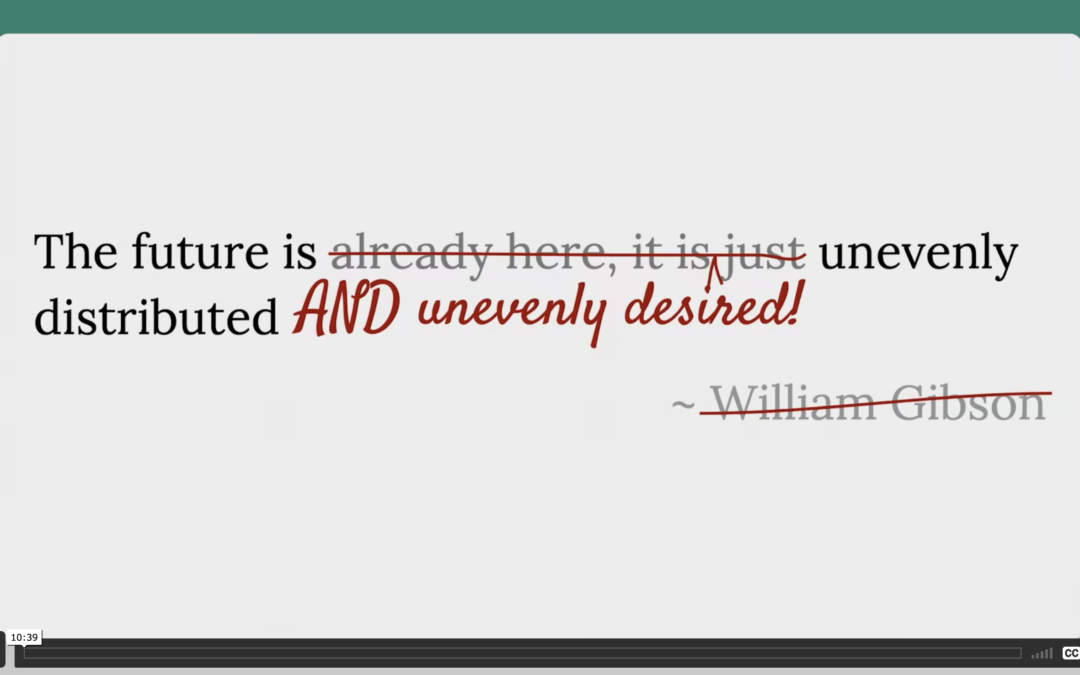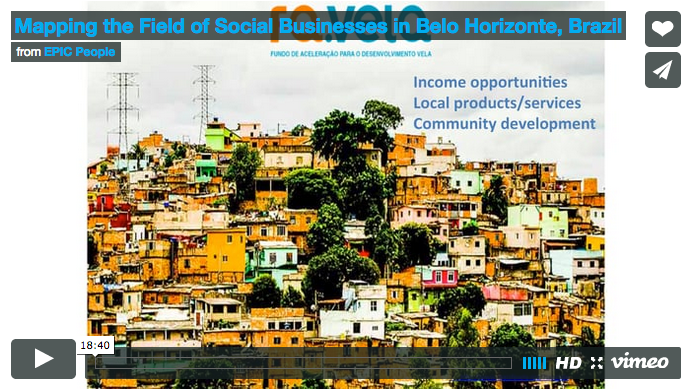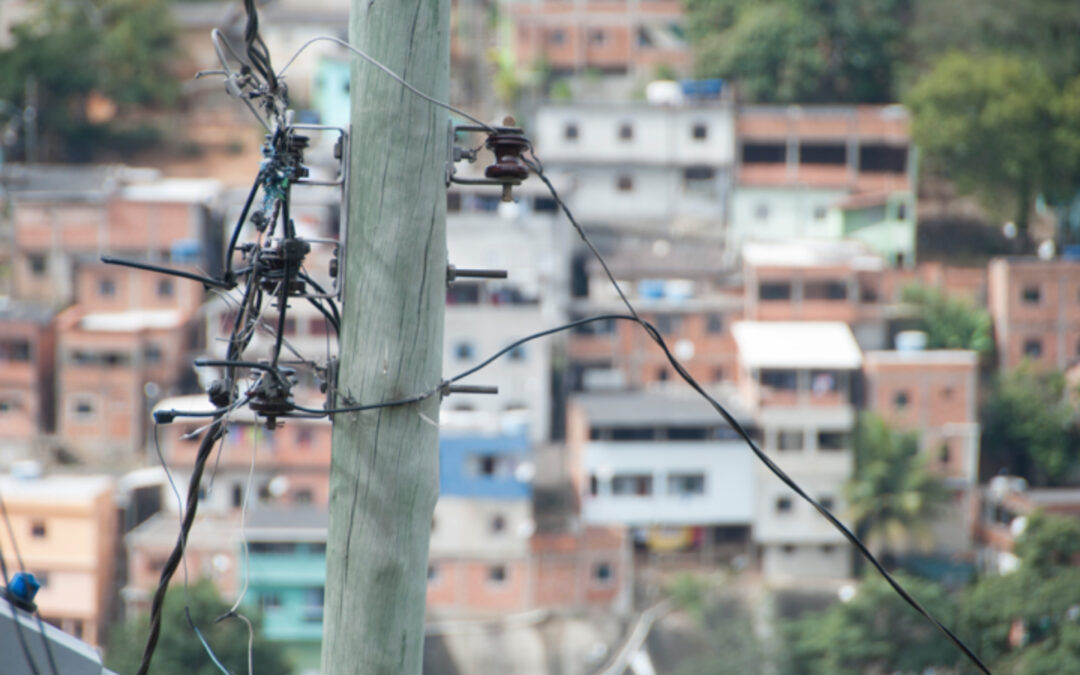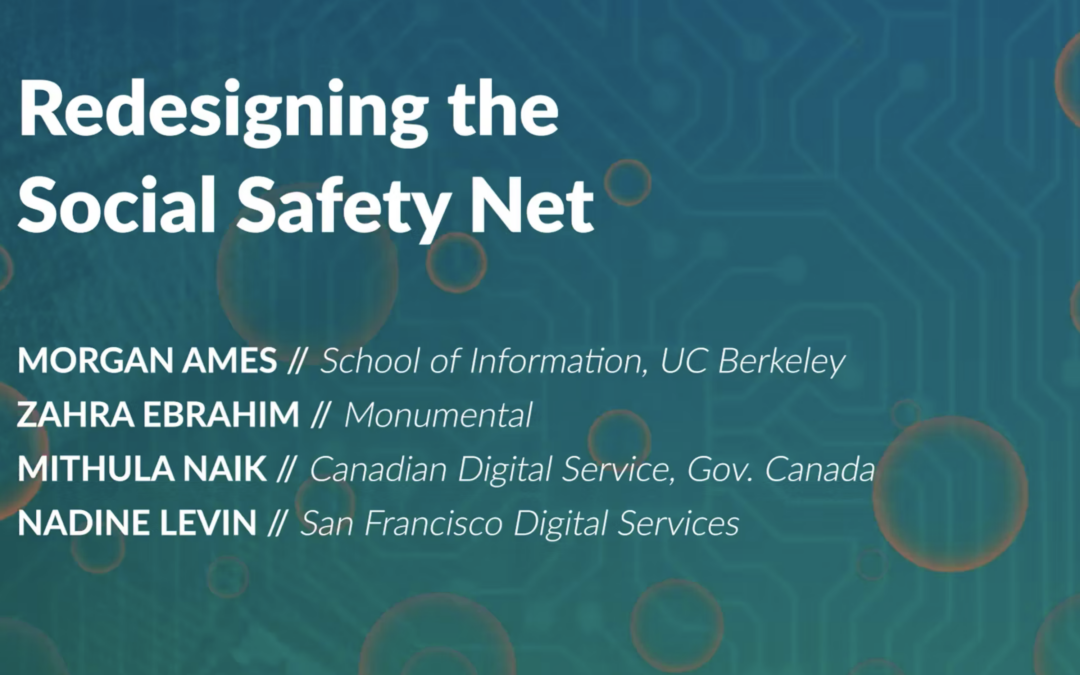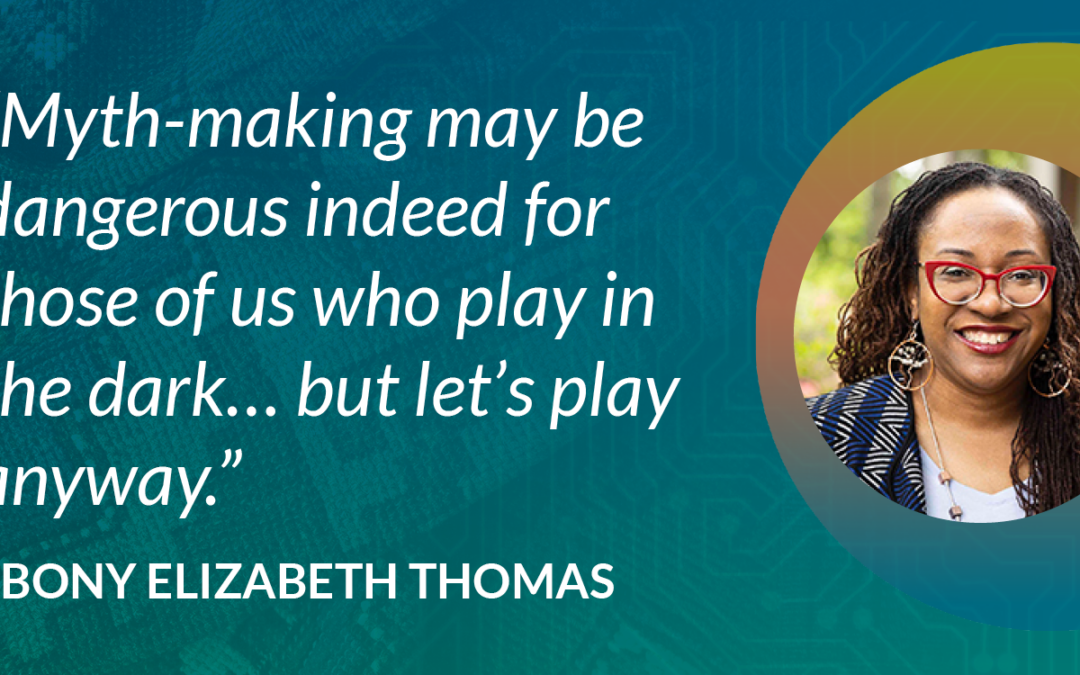Virginia Eubanks is an Associate Professor of Political Science at the University at Albany, SUNY. Her most recent book is Automating Inequality: How High-Tech Tools Profile, Police, and Punish the Poor, which dana boyd calls “the first [book] that I’ve read that really pulls you into the world of...
